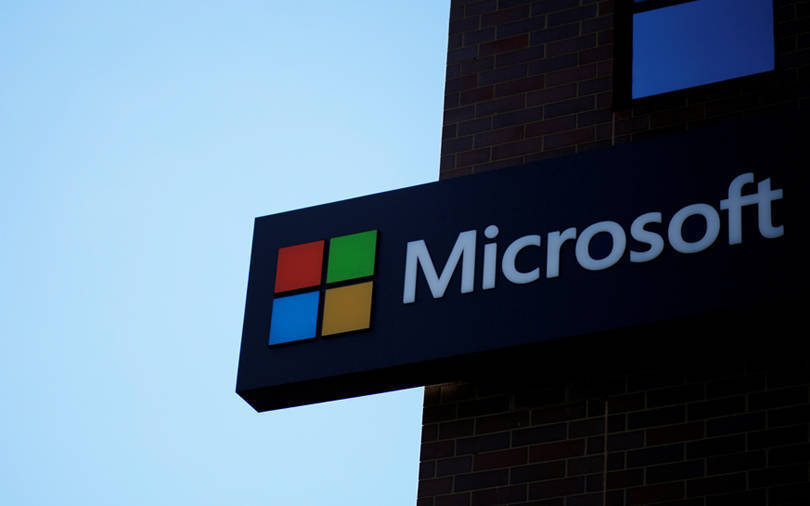
Microsoft president Brad Smith lists out 10 biggest challenges facing tech in 2019


Microsoft president Brad Smith revealed some of the biggest tech issues of 2019 in a blog post such as privacy and fake news.
"Another year of public 'tech-lash' seems probable as society debates the roles that technology, and tech companies, play in our lives. But there's also an opportunity for us to confront the challenges head on, and to take steps that will help us reap the benefits of innovation while avoiding the pitfalls," said Smith in the blog post.
The 10 biggest challenges facing tech in 2019, according to the blog, include privacy, fake news and disinformation, the US-China relationship, and the increase of state-sponsored cyberattacks. Other issues are the rise of activism in tech, artificial intelligence impacting jobs, an eye on the people behind the tech, connecting the rural country, cloud storage and human rights, how tech impacts cities.

According to the blog, privacy protection is set to gain traction in 2019, both in Europe and the United States.
"Look to the next few months for the spread of privacy legislation to several other state capitals, all of which will set the stage for an even bigger debate on Capitol Hill," Smith said.
The blog also highlighted that social media platforms have become a preferred means for nation-states to spread disinformation campaigns. And last year marked a "sea change" in understanding of the problem.

In the blog, Smith suggests that new laws could be used to ensure that social media companies take the issue seriously. He says "impose a duty on social media platforms to determine the origin of accounts or posts, identify bogus accounts and notify users when bots are spreading information”.
"The tech sector could be in for a bumpy ride this year when it comes to trans-Pacific trade. Across the American political spectrum, there is a greater appreciation of China’s momentum in artificial intelligence and other technology and heightened concern about its economic and national security implications," said Smith.
State-sponsored cyberattacks are sure to increase, but more likely to be less visible. The blog cited 2017's most notable WannaCry ransomware attack, which targeted Microsoft Windows operating systems.

Smith also wrote about the fear of artificial intelligence hijacking the job market.
The blog further spoke of cloud storage and human rights. Governments across the globe are looking to have data centres in their own countries, raising serious concerns about human rights.
"Once a local data centre is constructed, the citizenry’s most personal information can be stored within. This raises profound questions about when a government or a tech company can access personal data and how the information can be used," Smith said.

